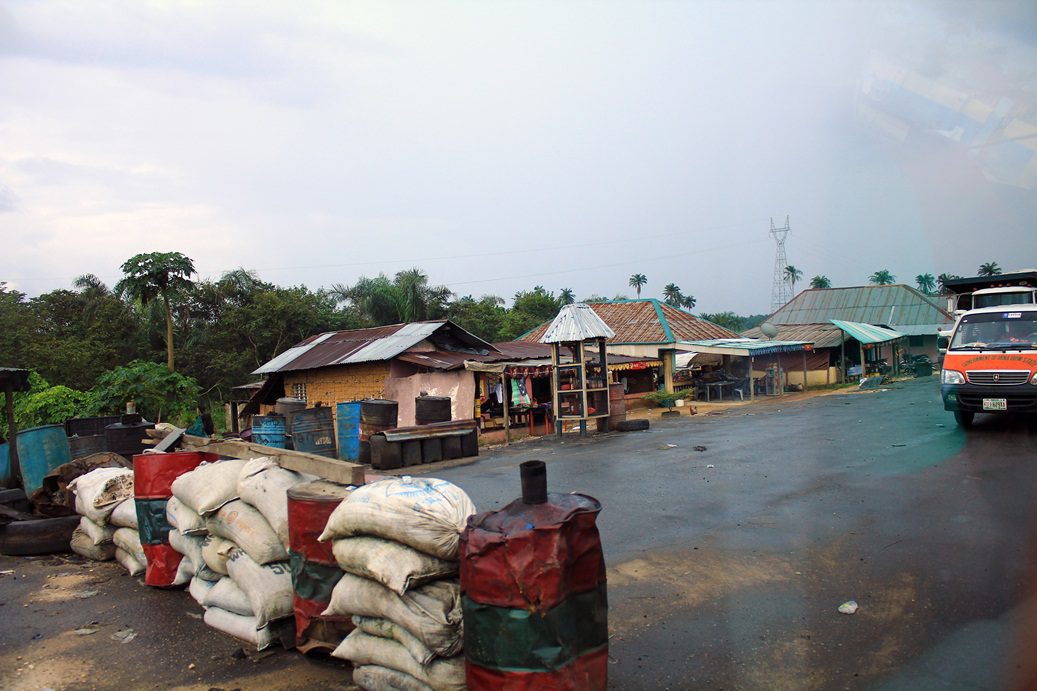Nigeria has closed its borders until January 2020, stifling the free flow of goods and people within the West African sub-region.
There is an assumption that Nigeria will automatically become prosperous by closing its borders to other markets, in furtherance of the age-old but discredited policy of import substitution. Some are urging Ghana and others to do the same. But lessons must be learned from the mistakes of others who took that path.
In the 1950s and 1960s, governments of many countries in Africa and Latin America erected trade barriers. The plan was to enable the industries of their countries to grow, “protected” from outside competition. What actually happened was the opposite.
Although the industries in these “protected” countries grew for a short period, the lack of competition meant that their industries became inefficient and fell behind the rest of the world. Also, because imports were very expensive or even unavailable, their costs of production rose as they were stuck using old technologies.
Soon these “protected” industries were producing goods that few people wanted, exports fell and, in many cases, the industries – usually run by friends of the president – had to be subsidized by the state in order to keep them afloat.
Governments paid for these subsidies by taxing farmers (either directly or by forcing farmers to sell to marketing boards) and by borrowing – one of the reasons why so many African and Latin American countries have such large debts. Some governments, such as Brazil’s, printed money to pay off the debt and this led to hyperinflation, reduced confidence in the economy and caused massive disinvestment.
The lesson we should learn from this is that governments should not try to create national champions by “protecting” them from competition or by subsidizing them. There are reports of food inflation in Nigeria following the border closure.
Harvard Professor of economic development, Ricardo Hausmann, explained in a 2014 World Economic Forum publication, titled ” Why do some countries develop faster than others?” that it was simply because richer countries adopted the mores of “open trade policy because it requires sending goods across borders many times.”
Prof. Hausmann realized the need for some level of control but didn’t prescribe an overkill of border control. Instead, he urged laggards to adopt “activist policies” that enhance productivity and eventual competition: “But this does not imply laissez-faire; on the contrary, it requires activist policies in many areas, such as education and training, infrastructure, R&D, business promotion, and the development of links to the global economy.’’
Prof. Hausmann concludes: “Some dismiss this strategy, arguing that countries end up merely assembling other people’s stuff. But, as the famous astronomer Carl Sagan once said: “If you want to make an apple pie from scratch, you must first invent the universe.”
Nigeria may well find out that the very insecurity she claims it wants to reduce by the obstinate border shut down, may well be the conduit for more uprising. As the famous French journalist, economist and writer, Frederic Bastiat once said: “if goods and people fail to cross borders, soldiers will.”
Franklin Cudjoe is the Founding President and CEO of Imani Africa.

